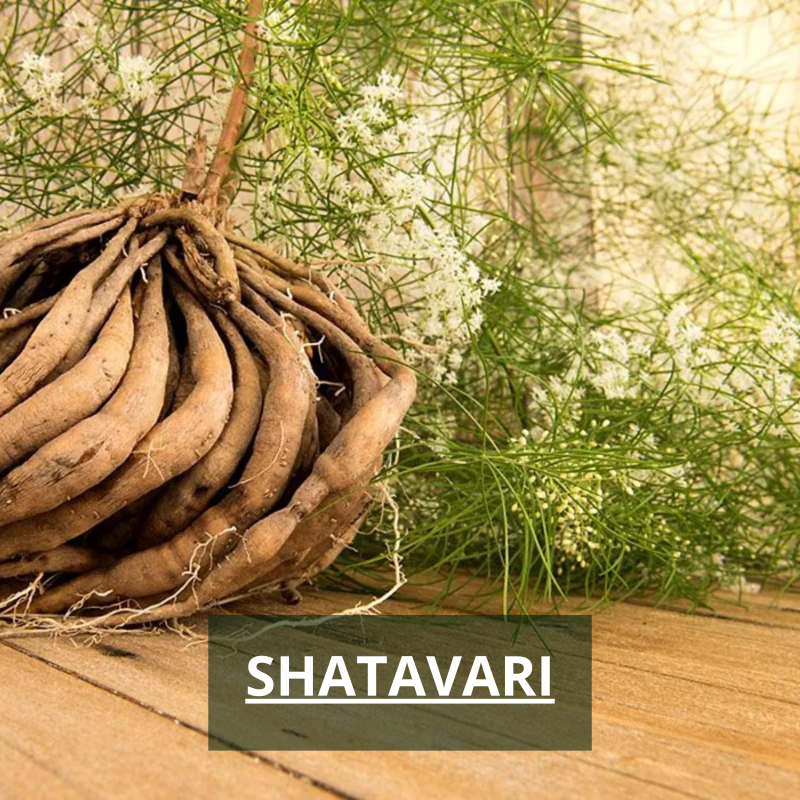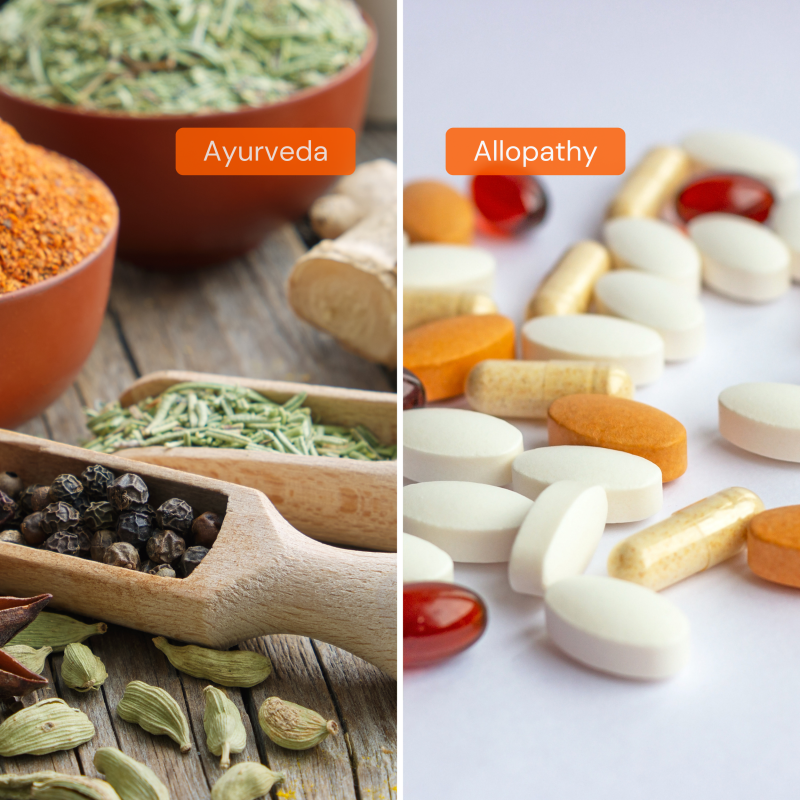Heartburn (also known as “Reflux” or GERD) and gas production in the stomach is related to acidity. There is the movement of gastric juices from the stomach into the lower esophagus, also known as gastroesophageal reflux disease or urdhva gata amalpitta in Ayurveda.
According to Ayurveda, this condition is to be brought on by an increase in pitta dosha, which is the cause of the burning sensation in the chest area and increases acid production.
Direct reasons for the issue might be over-ingestion of high-fat food varieties, inordinate liquor, smoking, keeping the stomach empty for extensive stretches, skipping foods (especially breakfast), and unnecessary caffeine consumption. Pregnancy, old age, obesity, and unsuitable or erratic eating habits are additional potential causes of acidity and reflux. Additionally, there may be a genetic component. Also, bacteria like H. pylori can cause GERD.
Adults may experience chest and stomach pain, gas formation in the stomach, acidic stomach contents spitting up, a sour taste in the mouth, burning sensations in the mouth and throat, changes in voice, ulceration of the esophagus (food pipe), difficulty swallowing, and ear pain. Children may also exhibit symptoms such as difficulty breathing, coughing, insufficient weight, nausea, and loss of appetite.
Certain foods that contribute to acidity should get avoided in diets: onions, citrus fruits, spicy (pungent) foods, junk food, fried foods, and too much chocolate. Acidity may also be by dairy products and peanut butter or other nut butter.
Anxiety can also cause acid reflux. Managing stress is very essential in avoiding acid reflux.
“Hurry, Worry and Hot Curry are usual causes for Hyperacidity”
Natural products that will assist in relieving acidity include cucumber, watermelon, and bananas. Cool (not cold) entire milk, coconut water, almonds, or crude garlic will frequently assuage causticity and acid reflux. Jaggery (gur) on an hourly premise during intense episodes of acidity provide relief from acidity.
In cases of acidity and indigestion, a half glass of buttermilk and one tablespoon of coriander juice are effective. Acidity control gets improved by drinking one to two glasses of water in the early morning.
Reflux can be avoided by eating dinner no later than two to three hours before going to bed, eating several smaller meals throughout the day rather than the usual three large meals (breakfast, lunch, and dinner), maintaining a healthy weight, not lying down immediately after eating, and engaging in gentle post-meal exercise (such as walking). Reduce binge-eating, not having incompatiable foods, having food only when hungry, not eating in hurry are few ways to avoid reflux too.
Ayurvedic medicines that reduce acid production include Kamdudha Rasa, Narikel Lavana, and Avipattikara churna, etc are available in commercially prepared forms.
Lastly, sleeping with the head elevated on a high pillow (up to seven inches) will help prevent stomach acid from backwashing into the esophagus. If the reflux is uncontrollable, consult your Vaidyas.




